Center for Machine Learning and Health
2022 Fellows in Digital Health
Meet the 2022 CMLH Fellows
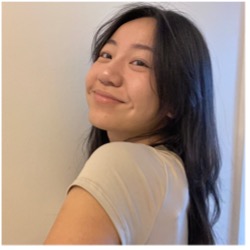
Fellowship Research: "Measuring the Impact of Online Mental Health Communities on Mental Health Outcomes"
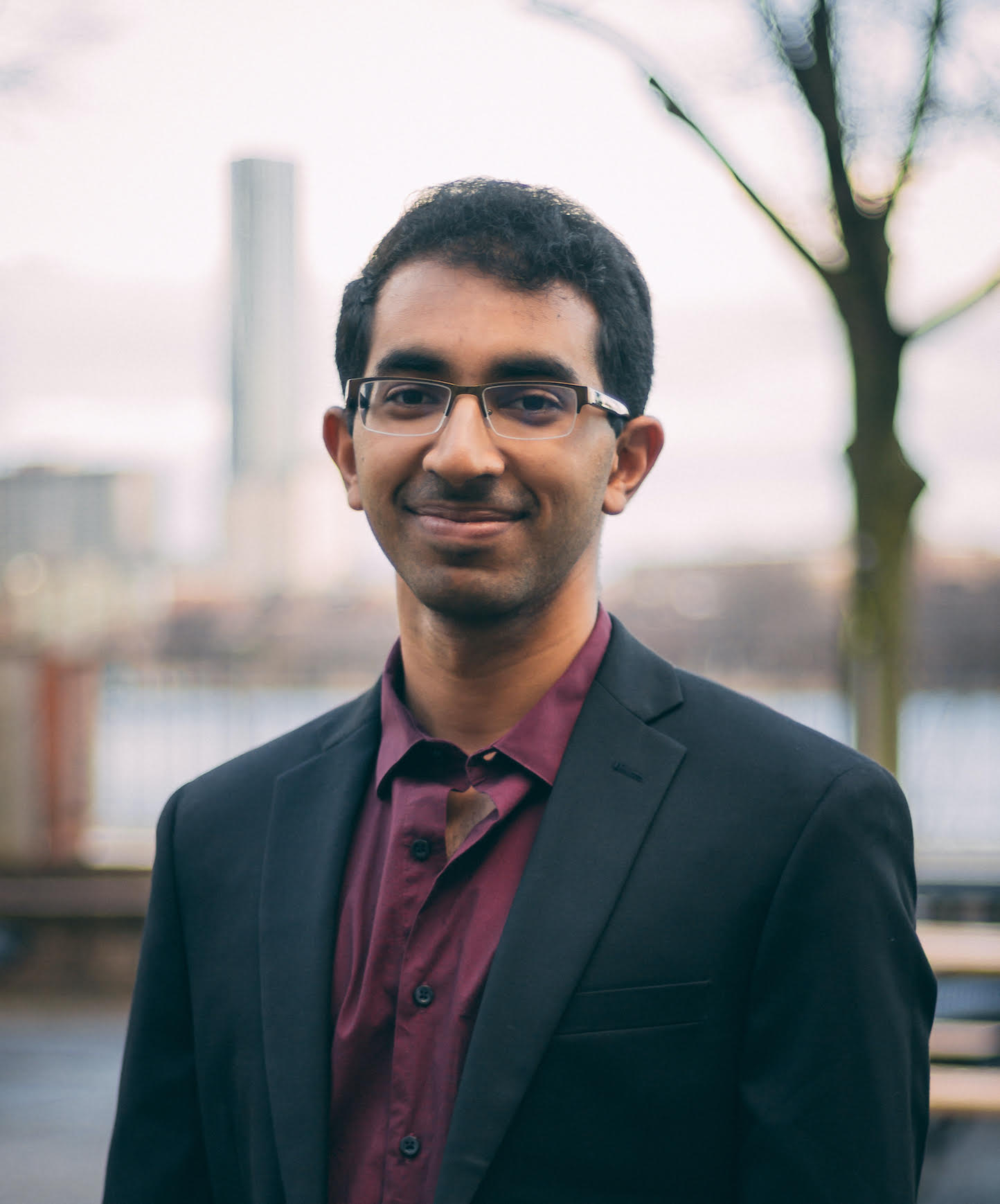
Fellowship Research: "Designing Dynamic Human-Centered AI Decision Support for ICU Sepsis Treatment"
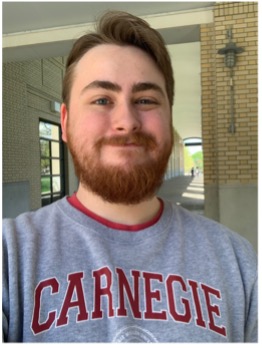
Fellowship Research: "Improving Regenerative Outcomes by the Development of a Computational Model that Tailors the Degradation Profile of Silk Fibroin Scaffolds to Individual Patients"
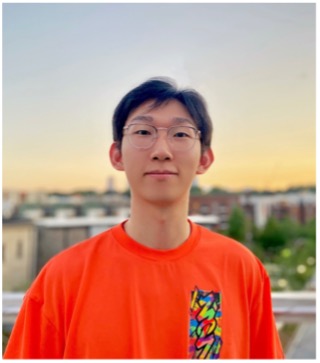
Fellowship Research: "Wearable-Based Upper Extremity Motion and Health Tracking for Wheelchair Users"
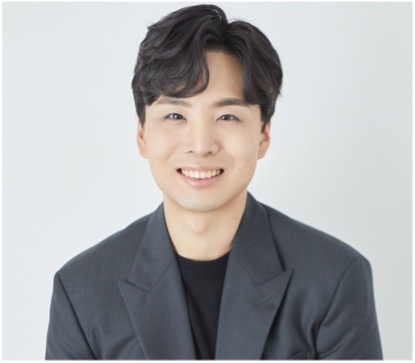
Fellowship Research: "Easy and Fast 3D Human Motion Tracking in Clinics"
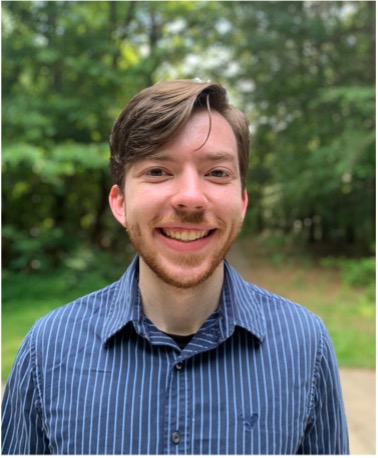
Fellowship Research: "Target Identification Using Actionable Recourse"
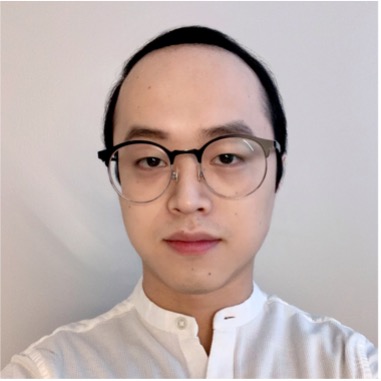
Fellowship Research: "Calibration Free Transabdominal Fetal Pulse Oximetry"
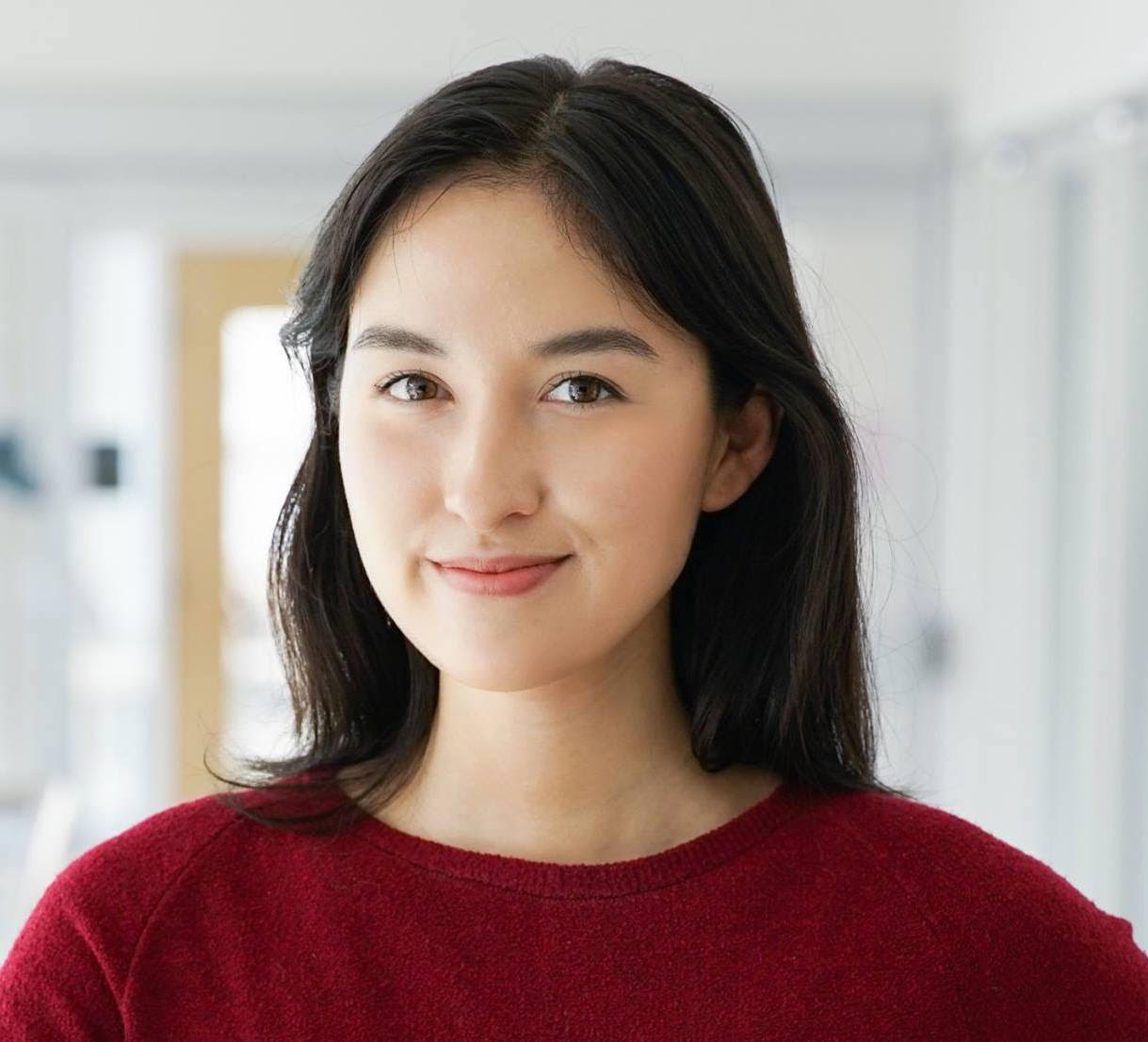
Fellowship Research: "Designing and Evaluating a Digital Game Intervention To Promote Health Self-Efficacy and Empowerment in Historically Marginalized Communities"
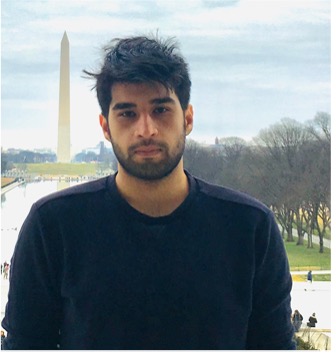
Fellowship Research: "Estimating Statistical Significance of Metabolomics Annotations Using Markov Chain Monte Carlo"
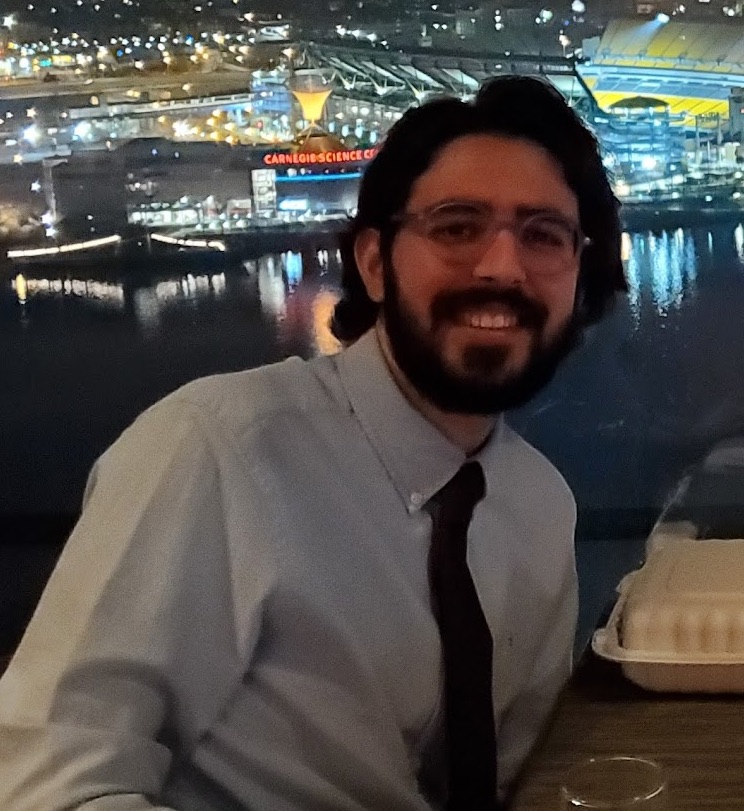
Fellowship Research: "Interpretable Hospital Discharge Delay Prediction and Data-Driven Decision Support System Development for Patient Transport Scheduling"

